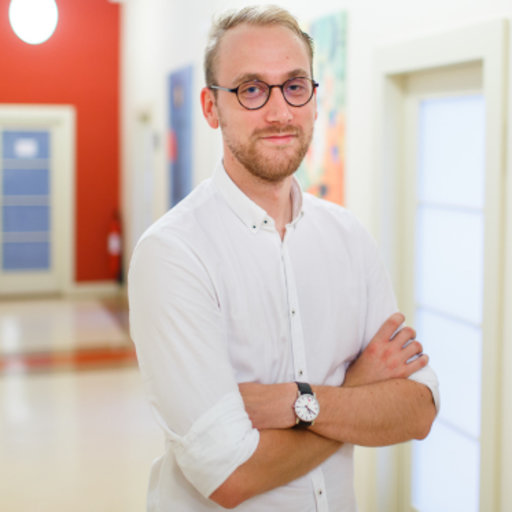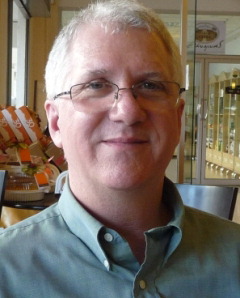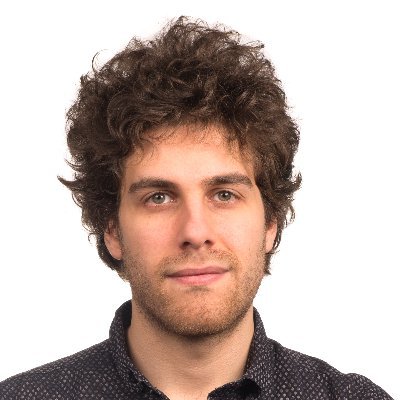Presenting “Narrative adoption and strategic timing of disclosure?” at 16:00-17:30 online: Click here to join the meeting
On 23 February 2022, we have Maya Jalloul of Lebanese American University visiting us. She is going to give a seminar on “Narrative adoption and strategic timing of disclosure.” at 16:00 online Click here to join the meeting. Please help the organisers by registering in advance at egervari.zsuzsanna@gtk.bme.hu Registration is free. Event can only be attended with vaccination card.
Abstract: This paper investigates a model with two strategic politicians, a proponent and an opponent, and a group of non-strategic voters. The proponent, who is the first mover, has a narrative that she aims to convey to the voters; whereas the opponent’s objective is to divert the voters away from it. The strategic decision of the proponent is when to disclose her narrative with the objective to maximise the adoption of this narrative by a deadline, and that of the opponent is when to disclose the refutation. The voters opinions updating rule follows an average-based De Groot learning concept where a voter splits his attention between the two politicians, his own opinion and his neighbours. We show that once the proponent discloses her narrative, it is optimal for the opponent to disclose her refutation, and that the proponent faces a trade-off between early and late disclosure. We determine the optimal timing of disclosure for the cases of one voter and a group of voters and we examine connections among voters over a specific set of networks, while considering two types of voters, supporters and non-supporters. We also investigate the impact of homophily on timing of disclosure and we find that with higher homophily, the narrative adoption of the supporter is higher and that of the non-supporter is lower.
 Presenting “The Status Quo and Beliefs Polarization of Inattentive Agents: Theory and Experiment” at 10:05-11:30 in QB404.
Presenting “The Status Quo and Beliefs Polarization of Inattentive Agents: Theory and Experiment” at 10:05-11:30 in QB404. Presenting “Collective action on an endogenous network” at 12:15-13:30 in QA406.
Presenting “Collective action on an endogenous network” at 12:15-13:30 in QA406. Presenting “Time Series, Latent Class Analysis, Statistical Modelling and Experimental Design” at 16:15-17:30 in QA406.
Presenting “Time Series, Latent Class Analysis, Statistical Modelling and Experimental Design” at 16:15-17:30 in QA406. Presenting “Yellow Vests, Carbon Tax Aversion, and Biased Beliefs” at 12:15-13:30 in QA406.
Presenting “Yellow Vests, Carbon Tax Aversion, and Biased Beliefs” at 12:15-13:30 in QA406. Presenting “Signaling under Bilateral Uncertainty: Do Green Consumers Lead to More Greenwashing?” at 12:15-13:30 in QA406.
Presenting “Signaling under Bilateral Uncertainty: Do Green Consumers Lead to More Greenwashing?” at 12:15-13:30 in QA406. Presenting “The Value of Mediated Communication” at 12:15-13:30 in QA406.
Presenting “The Value of Mediated Communication” at 12:15-13:30 in QA406.